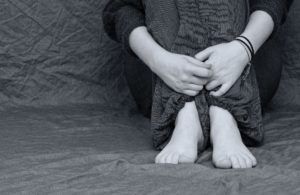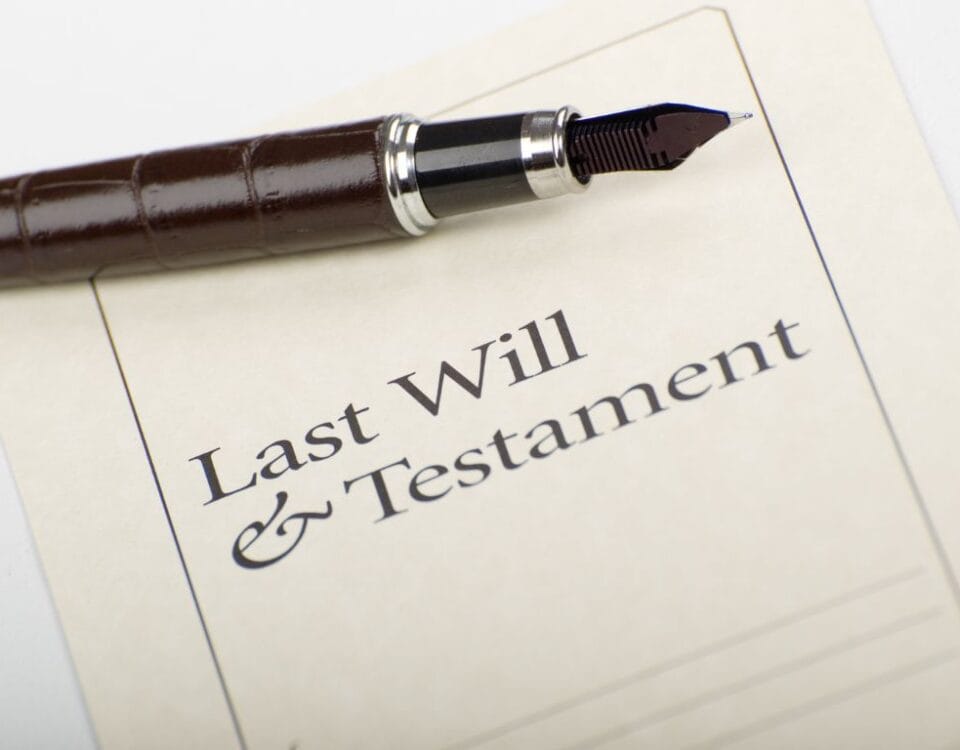Inadmissible confessions
October 22, 2018Grievous bodily harm/wounding
November 1, 2018Forced Marriage
Coercing someone into marrying another for some financial or societal benefit is illegal.
In April of this year, three young women in Sheffield became subject to Forced Marriage Protection Orders. This case highlights the how embedded this type of offending is in some parts of England and Wales, particularly concerning young girls.
Various offences fall under the banner of forced marriage, and it is essential to be aware of their constituent parts if you are concerned about this issue.
While family law courts make orders of the kind mentioned above, breaching them engages the criminal law.
What is the offence?
A serious offence is using coercion or deception for the purpose of marriage, under section 121 of the Anti-social Behaviour, Crime and Policing Act 2014.
This offence occurs if someone”
“uses violence, threats or any other form of coercion for the purpose of causing another person to enter into a marriage, and believes, or ought reasonably to believe, that the conduct may cause the other person to enter into the marriage without free and full consent.”
What are the penalties?
The offence is triable either-way (so before a magistrates’ court or a crown court) but warrants significant sentences following a conviction on indictment, seven years’ imprisonment (and/or a fine) being the maximum penalty.
Similarly, the related offence of breaching a forced marriage protection order can lead to a sentence of up to five years’ imprisonment. Prior to the 2010 legislation the only punishment for doing this was contempt of court. That is still an option under the new regime, alongside this new penalty.
Forced marriage and mental health
These offences inevitably lead to interactions between the law and people’s religious and cultural views.
Another aspect is protecting those who are incapable of consenting to marriage because of mental incapacity.
All these factors were considered in the case of Luton BC v B [2015] EWGC 3534 (Fam). In that case, a person was deemed to lack capacity to consent to either marriage or sexual relations, in relation to the latter specifically because “the combination of autism and intellectual disability prevents [the person] from making the crucial link between actions and consequences”.
How we can help
If you are alleged to have been involved in these or any other offences, or have further questions about this area of law, then please contact any member of our vastly experienced Criminal Defence team, for assistance with any criminal law related matter.
–
Mr John Stokes (John.Stokes@danielwoodman.co.uk),
Mr Anthony Pearce (Anthony.Pearce@danielwoodman.co.uk),
Mr Jonathan Lewis (Jonathan.Lewis@danielwoodman.co.uk),
Ms Sarah Turland (Sarah.Turland@danielwoodman.co.uk),
Mr Daniel Woodman (Daniel.Woodman@danielwoodman.co.uk) or
Mr Lorne Wilkinson (Lorne.Wilkinson@danielwoodman.co.uk).



